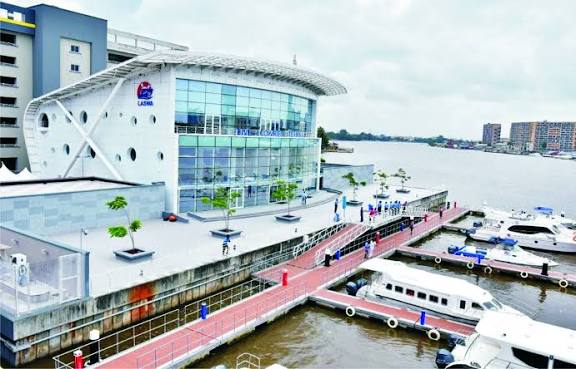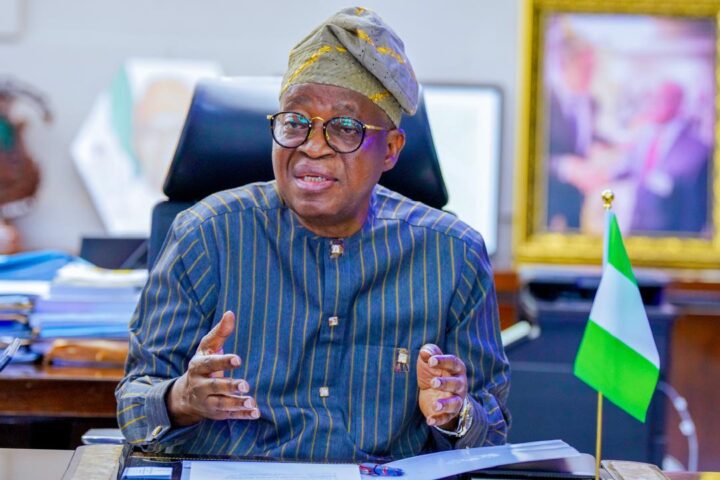
The Nigerian Communications Commission(NCC),has said that foreigners exempted from enrolling for the National Identity Number will have to request for Subscriber Identity Module activation every six months up to a period of two years.
The agency announced this in its new draft for ‘Business Rules and Operational Processes for Implementation of the National Policy for SIM activation, Replacement and Other Key Telecommunications Operational Processes.
It said :“SIM activations for foreigners exempted from enrolling for NIN shall be configured for a period of six months in the first instance and can be renewed further upon request and where the visa is not for a stay of two years and above. Foreigners validly transiting through Nigeria or are employed in or reside in Nigeria for less than 24 months are exempted from the mandatory use of NIN requirement. Persons in this category need to provide justification that they will be residing in Nigeria for less than two years.”
According to the agency,if such foreigner failed to request for SIM activation at the end of the six-month period, the SIM would be deactivated.
For foreigners staying in the country for more than two years, it is required for them to register for NIN as well as fully register their SIMs.
“NIN is mandatory for foreigners with legal residency status or those living in Nigeria for two years and above. For those who do not already have a NIN, mobile network operators shall capture the resident’s details for NIN issuance as part of the NIN enrolment process, upon presentation of resident’s permits,” it stated.





















